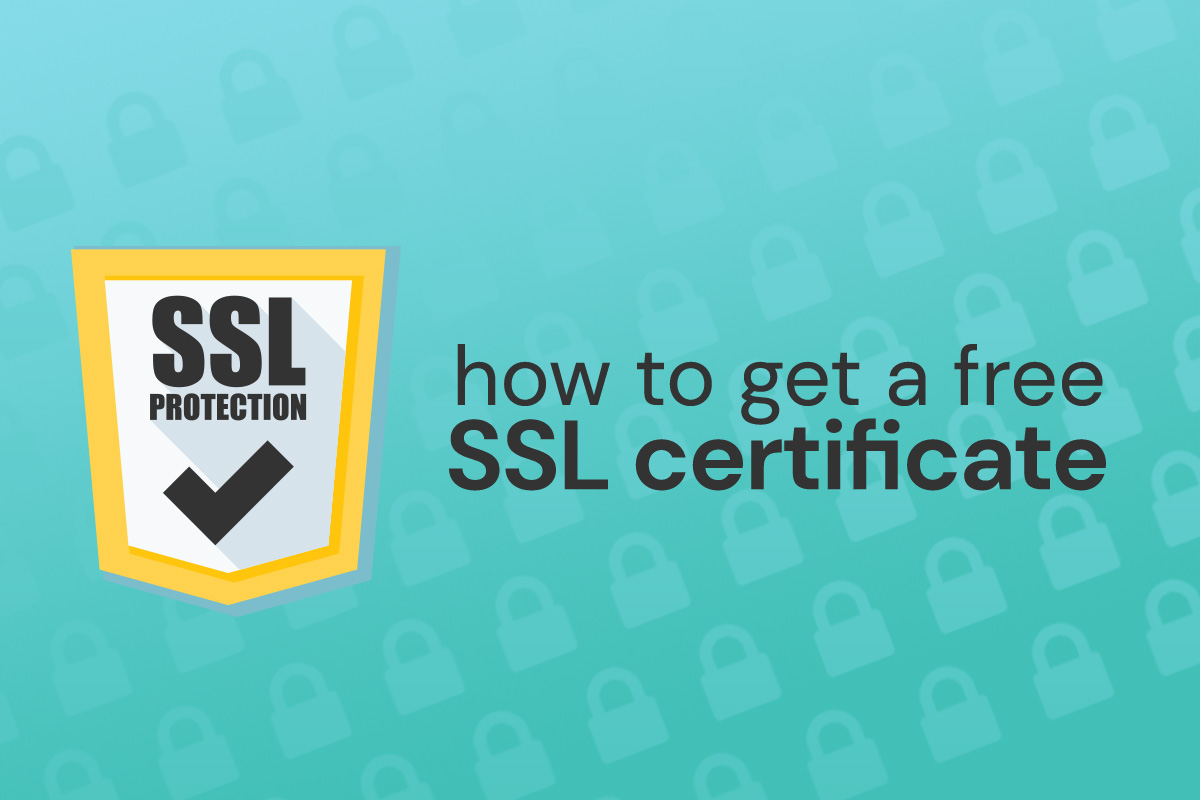We’ve set up e-commerce websites with Magento, with WooCommerce (for WordPress), with Wix, with Squarespace, with Zen Cart… and we’re sure there are a few other platforms we’ve missed. But one platform we really love for selling online is Shopify. If you need to do something “weird” with your store, WordPress will almost certainly be a better solution for you. We’ve built custom stores with WordPress that allow users to preview overlay customization on their products, and other stores where they can design the product online. That level of modification will almost certainly require an open-source solution like WordPress. But 95% of the time, a platform like Shopify can accommodate your needs as a seller.
Beautiful, Squarespace-like Themes
If you’ve looked at Squarespace and admired the minimalist, easy-to-navigate themes they have available… well, Shopify themes can definitely give Squarespace a run for their money. What’s more, Shopify invites professional designers to create and sell custom themes, after Shopify’s developers check them carefully for compatibility. That means that any theme you pick has been thoroughly vetted for bugs.
Shopify also permits pretty advanced control over the HTML and CSS of your website. Whenever we’re building a website, we like to ask support if our customizations are possible, and we have yet to encounter a no.
Apps for Everything
Another thing we love about Shopify is the fact that there are over a thousand apps available for you to augment your store’s functionality. A wide variety of marketing apps are available to help you drive traffic, manage your SEO, sell on new channels, or promote your products. Or are you looking for shipping apps? Find apps to streamline your shipping process over every step of the fulfillment process, from warehousing to tracking. Sales apps can provide your customers with smart recommendations, recover abandoned checkouts, and more. Need integration with Quickbooks or ZenDesk? There’s an app for that.
Store Management Solutions on the Go
One feature that really sets Shopify apart from other e-commerce providers is its ability to access orders using a mobile phone. Even our beloved WooCommerce is not the easiest back end to access from a mobile device. But Shopify makes it easy to check orders, process refunds, and connect with the accounting system while you’re out and about.
Easy and Affordable Credit Card Processing
Getting a credit card merchant service set up is kind of a pain. Shopify’s merchant service doesn’t charge a flat monthly fee on top of transaction fees. And if you want to use your existing merchant account, Shopify does support about 70 other merchants. It can be tricky to fairly compare Shopify with other e-commerce platforms like Squarespace (which compels you to use Stripe for credit card processing). For example, Squarespace will charge you 2 or 3% (2 for business websites, and 3 for personal sites) for each transaction, and then Stripe will charge you an additional 2.9% plus 30 cents. Meanwhile, Shopify just charges you a maximum of 2.9% plus 30 cents—that’s it. Shopify also works with Paypal, which—surprise, surprise—Squarespace doesn’t.
Shopify’s Point of Sale and Other Off-Site Selling Capabilities
We love that last year Shopify started offering a ‘point of sale’ (POS) kit for sellers to use at their brick-and-mortar stores. It consists of a barcode scanner, card reader, cash drawer, and receipt printer, and it’s compatible with both iOS and Android devices. You can use it at a popup shop or in your permanent retail outlet—all while keeping your inventory numbers synchronized with your online e-commerce presence.
Shopify also offers a plan called “Shopify Lite” for only $9 per month. You can create a store right on your Facebook business page, and it’s optimized for mobile. Shopify Lite also lets you sell on WordPress, Squarespace, or Tumblr. You can even sign up to create “Buyable Pins” on Pinterest. Amazing!
There are some basics you should always look for when choosing an e-commerce platform: discount coupon support, wish lists, tiered pricing, custom options for products, and SEO features, to name a few. Shopify has all this functionality covered, and then some. But so do a number of other e-commerce platforms, both open-source and third-party. If you need help picking a platform for your online store—contact us! We would love to help.







